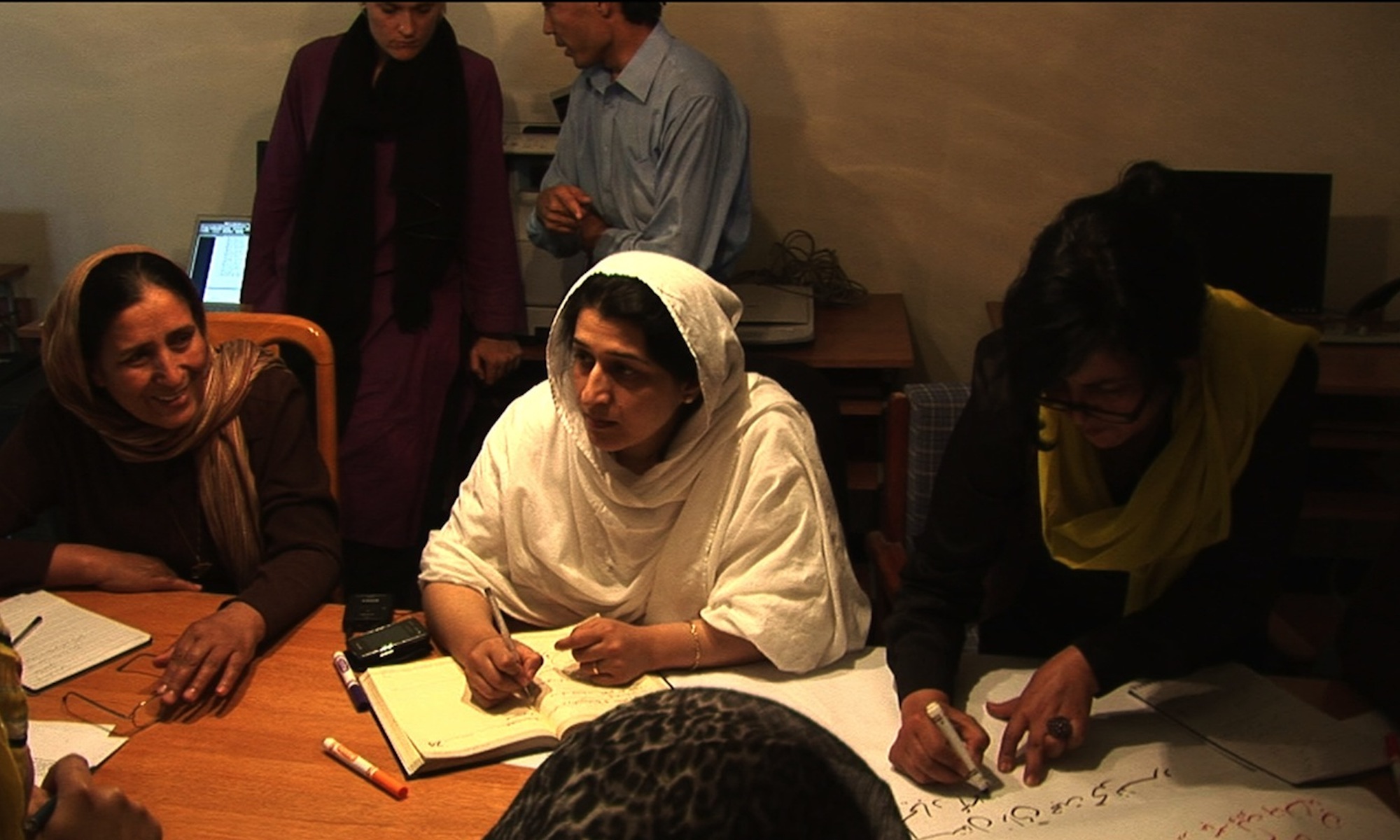International law can create great expectations in those seeking to rebuild societies that have been torn apart by conflict. For outsiders, international law can mandate or militate against intervention, bolstering or undermining the legitimacy of intervention. International legal principles promise equality, justice and human rights. Yet international law’s promises are difficult to fulfil. This volume of essays investigates the phenomenon of post-conflict state-building and the engagement of international law in this enterprise. It draws together original essays by scholars and practitioners who consider the many roles international law can play in rehabilitating societies after conflict. The essays explore troubled zones across the world, from Afghanistan to Africa’s Great Lakes region, and from Timor-Leste to the Balkans. They identify a range of possibilities for international law in tempering, regulating, legitimating or undermining efforts to rebuild post-conflict societies.

INSCT Postconflict Research Database
The Institute for National Security and Counterterrorism's Postconflict Research Database & Analysis Project stores cross-indexed bibliographic information on hundreds of journal articles, books, book chapters, and case reports that address the broad, interdisciplinary fields of postconflict reconstruction, stabilization, and peacebuilding.